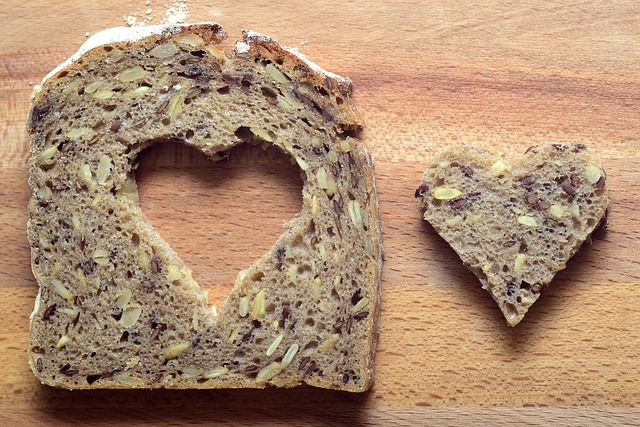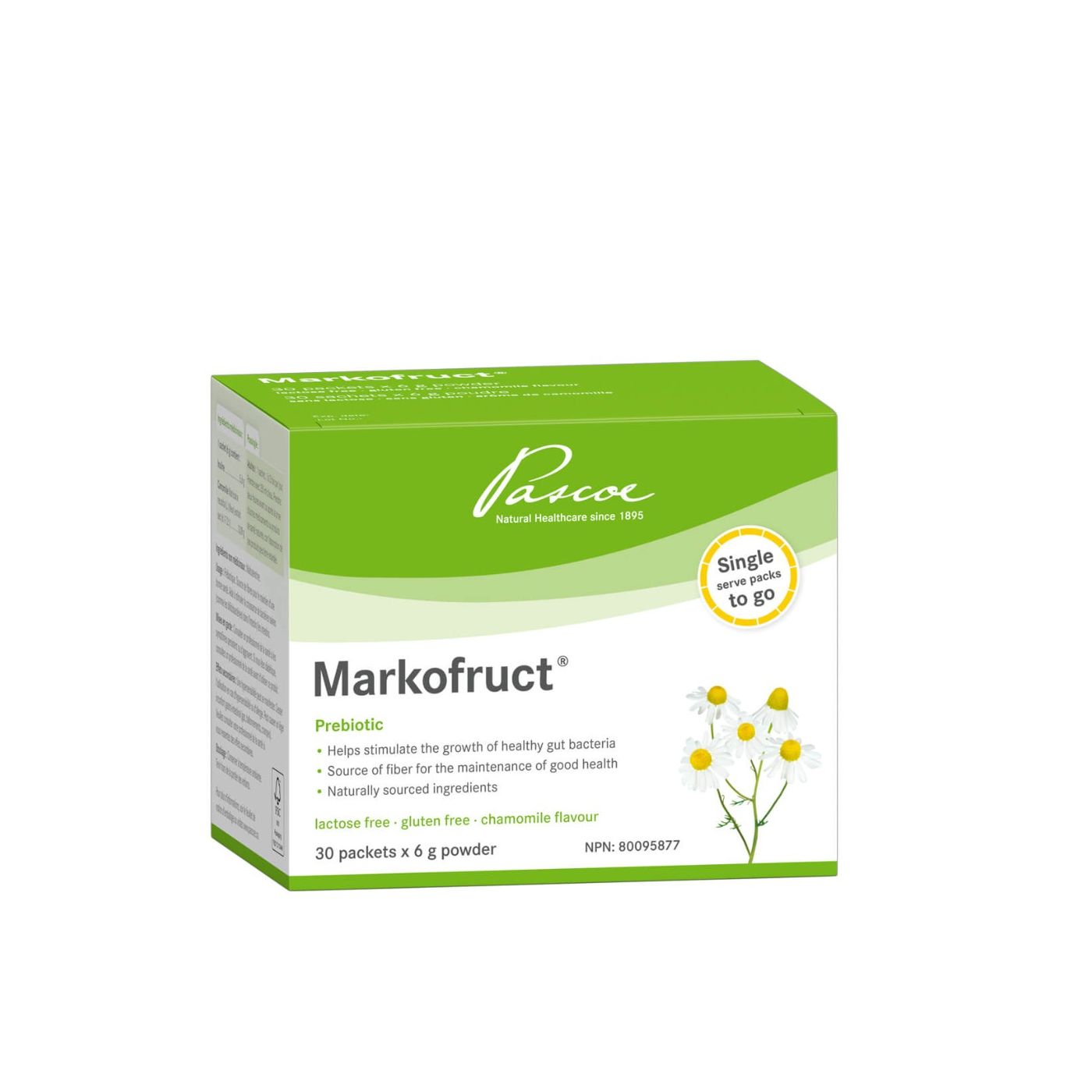Boost Your Immune System Through Your Gut
If your gut bacteria are sick, so are you!
We often associate a healthy gut with digestion, absorption of nutrients in the gastrointestinal tract, and the excretion of waste. Yet, we often forget about the critical role our gut microbiome and bacterium has on our immune system. In fact, 70 to 80 percent of the cells that make up your immune system are housed in the gut. With that in mind, healthy gut flora becomes crucial for optimal immunity.
You're Body Isn't You
By this we mean, human cells only make up 43% of the body's total cell count. The rest are a tremendous number of microorganisms, collectively termed the microbiome. Among the 38 trillion microbes in the body, you can find multispecies of bacterium, fungi, archaea, and protozoans. The largest concentration of bacterium reside in your intestines. Science is only beginning to unravel the role of the microbiome, but what we do know is that these microscopic colonists are not just passive bystanders. Rather bacterium in the gut actively impact the bodies functions, including circadian rhythmicity, the nervous system, metabolism, nutritional responses, and immunity. This is why the maintenance of a diverse and thriving population of good bacteria in the gut is essential to human and gut health.


The growth and colonization of a robust gut microbiota begins during or shortly after birth. These microorganisms in the intestinal flora remain with us throughout our life and they "learn" to differentiate between good bacteria and pathogenic bacteria. The intestinal microbiome stimulates an immune response and is able to prevent the invasion of foreign microbes - known as colonization resistance. Generally, the complex and stable gut microbiome is able to fend of pathogens and infectious disease. When dysbiosis in the gut occurs, the gut microbiome loses its potent anti-infectious barrier. Dysbiosis and metabolic disturbances can be caused by poor colonization, antibiotics, certain health conditions, or an unbalanced and unhealthy diet.
Your Lifestyle and Diet Matters
The impact of non-dietary lifestyle factors such as smoking, lack of exercise, and stress on the gut microbiome have been largely ignored. Only recently have studies revealed that smoking alters the bacterium populations and potentially contributes to an increased risk of digestive disorders and bowel diseases, such as Crohn's Disease. Stress also impacts the colonic motor activity via the gut-brain axis. And so, stress-induced changes in the gut bacteria and gut health has been associated with irritable bowel syndrome (IBS).
Microbes in the gut survive on the nutrients we get from our diet. Gut bacteria also help us digest much of that food we eat. As such, our diet plays a pivotal role in the composition of gut microbiome and, hence, our immune system. The Modern Western diet is rich in highly palatable foods that are chocked full of salt, simple sugars, high-fat, and animal proteins. Consequently, the western lifestyle has higher incidences of chronic diseases, such as type two diabetes, heart disease, and colorectal cancer.
Heal and Restore Your Gut Health
Diet can rapidly influence and restore the richness of healthy gut bacteria and is arguably the most important influence on the gut bacteria. Practical ways you can start restoring your bacterium and gut health is:
- Load up on high-fiber and anti-inflammatory foods: Fiber rich foods like whole grains, leafy greens, fruits, and vegetables feed good bacterium and microbes.
- Cut out sugar, artificial sweeteners, and processed foods: Simple sugars are digested so quickly that microbes don't have time to eat them. You literally run the risk of starving your microbiome. To ensure and happy and healthy microbiome, include complex sugars like dark chocolate, fruit, and honey for something sweet.
- Probiotics: Probiotics are live bacteria and yeasts that aid digestion. Probiotics also help maintain gut health.


- You can get probiotics through your diet by eating fermented foods. Common probiotic foods include kefir, kimchi, sauerkraut, and kombucha.
- In addition to probiotic foods, probiotic supplements are also readily available. The most commonly consumed and well-studied species of probiotic supplements are the Bifidobacteria and Lactobacillus species. Bifidobacterium probiotic supplements support the immune system. This species of probiotics limit the growth of bad bacteria in the intestine and help break down lactose for nutrients. The Lactobacillus species of probiotics produce a digestive enzyme called lactose. The Lactobacillus species of probiotic also help break down lactose or milk sugar. These probiotics also increase the body's absorption of minerals. There are also different strains of probiotics which are genetic subtypes of species.
Markofruct®
Markofruct® is Pascoe's prebiotic for digestive health. The dietary supplement is made with powder of chamomile and inulin (sourced from chicory root), Markofruct® stimulates the growth of healthy bacteria in the gut and the growth of intestinal bifidobacteria. Markofruct® is a great source of fibre and can be used in cases of digestive system disturbances (leaky gut, SIBO), bowel changes (diarrhea, constipation), and stress impacts on the digestive function.
Markofruct® is consumed as a tea. Simply dissolve 3 teaspoons of the powder in hot or warm water and drink slowly before breakfast and bedtime. Markofruct® is a great-tasting prebiotic that can be used by adults and children 12 years and older.




